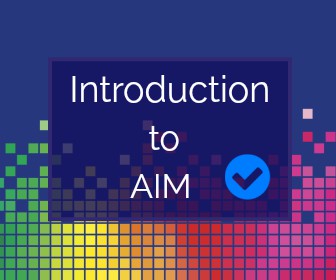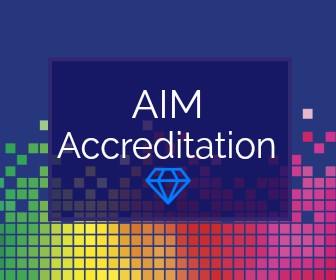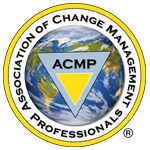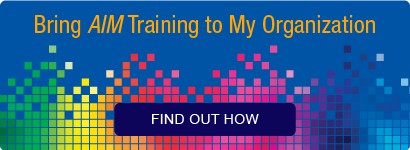Are you currently working on a transformational change? Maybe you are you going through an organizational re-design or implementing new technology. It could be a Shared Services implementation or a Lean Process Improvement. If you are involved in any strategic change where people will need to do things differently, you are likely starting to think about how you are going to build capacity.  The fact is, in today’s busy business world, almost every organization has a multitude of projects in various stages of completion all chasing the same limited resources. Most of these projects are extremely complex with multiple layers to them. This, combined with a poor past history of implementation triggers an urgent need to build capacity.
The fact is, in today’s busy business world, almost every organization has a multitude of projects in various stages of completion all chasing the same limited resources. Most of these projects are extremely complex with multiple layers to them. This, combined with a poor past history of implementation triggers an urgent need to build capacity.
Change Management Training is a critical piece of this process. However, as experts in the field, we often tell our clients they need to re-frame their thinking from “training” to “capability building.” This simple mind shift allows you to develop change “bench-strength” across the key players who have accountability for implementation. It also allows you to begin to build a critical mass of skilled practitioners who can then be deployed on future projects. Thus, significantly increasing the likelihood of successful implementations on your current project as well as future implementations.
2 Options for Building Change Agent Capacity
One of the most important steps in building change capacity is to train the local Change Agents in the methodology principles, tactics, strategies and tools you plan to use. This creates a consistent, best practice approach to implementation at the local level. Consistency increases efficiency, and makes best use of scarce resources. With this goal in mind, IMA offers two sessions for Change Agents:
Introduction to the Accelerating Implementation Methodology (AIM)
This 2-day session is designed for Change Agents to become familiar with the vocabulary and principles of the AIM methodology. Participants receive a detailed assessment of their organization's Implementation History in order to pinpoint inhibitors and identify leverage points to accelerate implementation of actual projects they are assigned to. An emphasis is also placed on:
- Creating organizational readinessfor change

- Developing a planthat generates durable Sponsorship
- Creating a communications planthat drives behavior change
- Developing a reinforcement strategythat supports the new performance expectations
- Managing resistance to change
- Measuring the true success for your change projects
Obviously, your Change Agents won’t have all the skills needed after just 2 days of awareness-building. So, if you want to continue to build internal change capability, a core group of internal experts should attend an AIM Accreditation session.
AIM Accreditation
The 4-day Accreditation provides a deep-dive, hands-on application experience where Change Agents learn how to:
- Utilize AIM to identify critical roles in the implementation process

- Apply AIM to any project phase-planning, implementation, or evaluation
- Create a Business Case for Action statement
- Create a key role map
- Present key concepts to Sponsors
- Analyze Sponsorship, risk, readiness, culture fit, and Agent capacity
Accredited Change Agents then become “super-users,” providing change “bench-strength” on real-world projects. This is especially helpful in global organizations with far-flung Change Agents who will have to provide coaching and support to local project teams.
What to Look for in a Training Session
Of course, these are just two of the many Change Management Training options that are available in today’s business marketplace. Below we’ve listed 5 best in class traits that you should look for in any training program:
- Learning by Doing - Training is always more meaningful and useful when you apply what you are learning to your own project, rather than to case studies or simulations that may or may not match your own situation.
- Preparing for the level of complexity found back on the job - A good change management certification session should be focused on providing actionable strategies, tactics, and deliverables on what it takes to deliver the project to full value realization, at speed, back on the job.
- Session Leader with On the Ground Implementation Experience - Best in class Change Management Training should always be led by someone who has actual on the ground experience implementing change. It is the years of experience that make the facilitator an expert and add richness to the session. Without it, the training is only conceptual.
- Practical Applications - Theories are well and good, but a repeatable process that enables changes to be implemented more quickly and to full realization is way more important. Any change management certification should focus on the “how to” with operationalized tactics and strategies.
- Option for on-going mentoring and coaching after the session- No matter how good a class is the truth of the matter is you can't learn enough in a classroom setting in just a few days to deal with all the complexities you may face on your own program or project. Having access to additional resources and/or coaching is invaluable.

It is also helpful to select options that offer continuing education units to Project Managers who are PMPs, and QEP hours through the Association of Change Management Professionals for individuals seeking the brand new change management certification the Association offers (yes, we do that!)
As you evaluate certification options, remember the goal is not about making people feel better about your project, or convincing them of the logic of your change. Rather, the object of the game is to have greater ability to implement changes in your organization. Or like we said... to build capacity.





